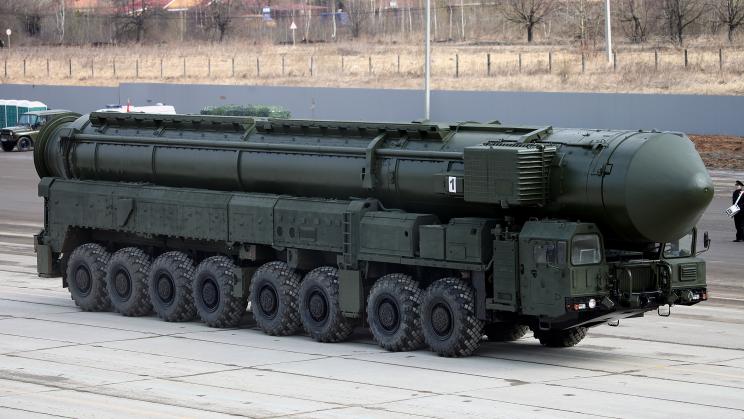The Comprehensive Nuclear-Test-Ban Treaty Organisation (CTBTO) has urged African countries to adhere to the agreement on the nuclear weapon testing ban to ensure safety and security in the continent.
The Comprehensive Nuclear-Test-Ban Treaty (CTBT) is a multilateral agreement which opened for signature in September 1996 and has since been signed by 187 nations and ratified by 178 to prohibit any nuclear weapon test anywhere in the world by anyone.
The Executive Secretary of CTBTO, Dr Robert Floyd, spoke at the opening of the two-day regional workshop organised by CTBTO for African States Signatories in Banjul, The Gambia.
The workshop was held from May 31 to June 1.
He said although 52 States in Africa signed the Treaty and enjoy CTBTO membership, 50 ratified it.
Floyd, therefore, implored countries yet to ratify the CTBT to do so to achieve desired goals.
“Two of them, Somalia and South Sudan are very close.”
He said that before 1996, there were more than 2,000 confirmed nuclear tests; some were conducted in Africa but none was conducted by an African country.
“Radioactive traces shown from all nuclear tests, particularly atmospheric tests, carried out some decades ago impacted the world negatively and are still traced in African elephants’ tusks.
“Right now, Africa’s 35 International Monitoring System (IMS) stations are listening to the earth’s crust rumbling and groaning, as well as streaming their data to Vienna.
“The signing of the CTBT just under 28 years ago has yielded landmark achievement: Africa played vital role to build consensus and get the Treaty adopted by the UN General Assembly in New York.
“Therefore, the complete adherence by African countries to the CTBT will ensure the full realisation of a nuclear- weapon-free zone in Africa,” he said.
The Attorney-General and Minister for Justice of The Gambia, Mr Dawda Jallow commended CTBTO for the organisation of the workshop at a time of global tension and conflicts.
According to him, the meeting brings together CTBTO stakeholders from Africa to discuss and advance the nuclear testing ban policy objective within the region.
“The challenges we face today require collective efforts through dialogue and diplomacy with relevant support to the CTBT.
“The CTBT’s primarily aim is not just to prevent nuclear testing, but to benefit civil and scientific applications as well.
“The verification regime established by the CTBT offers valuable data and tools that can be utilised for purposes, such as climate change research, disaster prevention, including Tsunami warning.
“These capabilities provide additional benefits to countries like The Gambia and also have the potential of generating positive outcomes across various sectors of economy,” he said.
The President of the Economic Community of West African States (ECOWAS), Dr Oumar Touray described the workshop as apt, coming at a time when Africans needed to partner to tackle the security situation.
Touray, represented by Mr Claude Kondor, Political Advisor to the Resident Representative of the ECOWAS Commission in The Gambia, said the workshop had become important to unite African countries towards achieving a shared future.
“This is to advance the CTBT and reinforce our collective resolve; to prevent nuclear proliferation and promote global security.
“Today, we are gathered to contribute to a cause that not only affects our continents, but the entire world.
“This workshop is a testament to our shared dedication towards achieving sustainable peace and cooperation in Africa and beyond,” he said.
NAN


